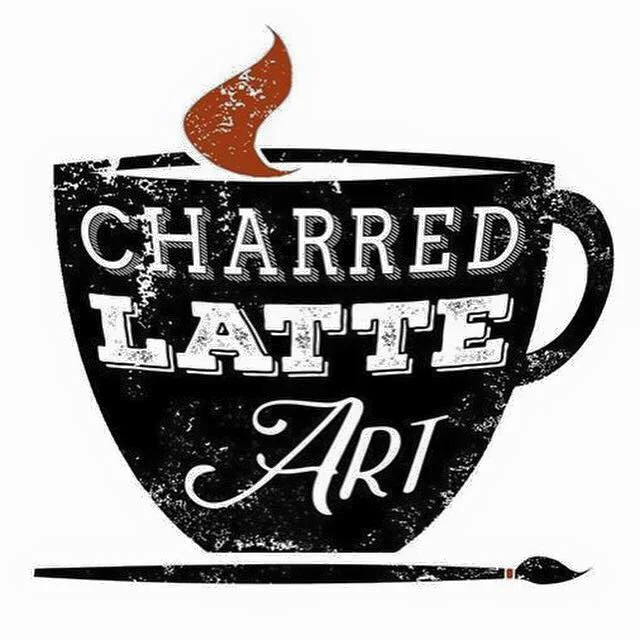Throughout his novel, George Orwell is constantly addressing the issue of truth. If The Party changes every document and forces everyone's opinion to change, then what is true? Does it even matter what happened, or is it possible to alter the past? Without a static written record, the past only exists in our own memories and those are easily corrupted.
This reminded me of a common concept of historical study. History is written by the victors. Our concept of the reality of the past was based off of the writings of those who prevailed. The winners of wars undoubtably rewrote history in their favor, and therefore made "facts" which thousands of students now are forced to memorize. It is very difficult to determine exactly what is true in the past, especially when even the present is open to interpretation.
Three people can look at the same situation and perceive three different things. The Scientific American described a study testing people's perceptions of reality. People were asked to kick American footballs at goals, and estimate the size of the goal. Those who kicked well perceived the goal to be much larger than they had before the experiment, and the poor kickers perceived a smaller goal than they had previously. Our brain provides a psychological justification for bad performance!
Although we like to trust our eyes as objective data collectors, our perception of the world is not static. How, then, can we expect historical records to be accurate? How can we trust anything to be accurate, if we can't even trust our own eyes, let alone someone else's?
Reading Orwell's novel, it is comforting to remember that it is, after all, just a novel. 1984 has come and gone, and the Thought Police are not yet monitoring our every action. Although with NSA monitoring texts and phone calls and GPS tracing of every device, 1984 may yet be the future.

